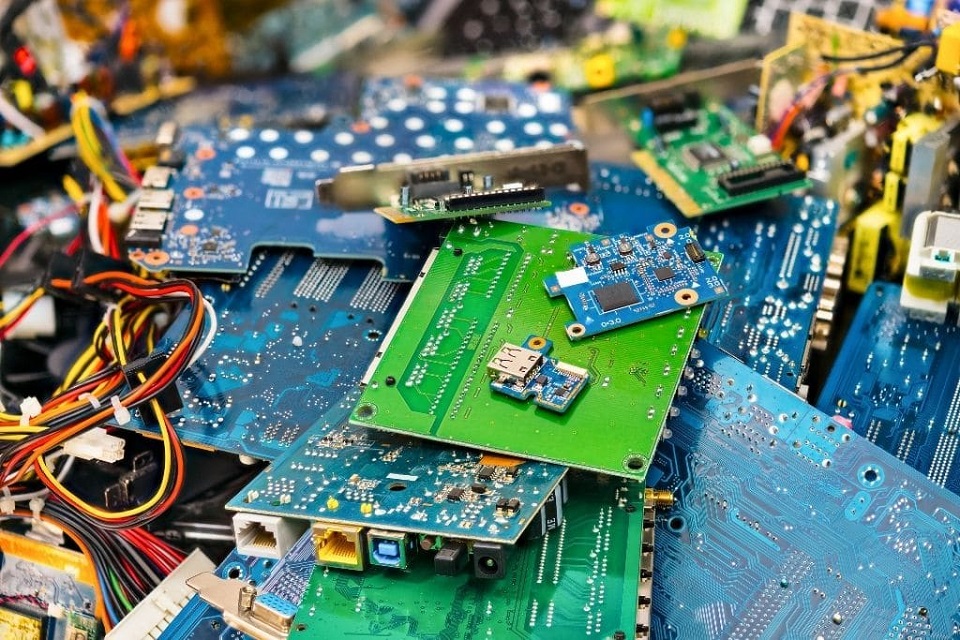E-waste, or electronic waste, is trash generated from broken and obsolete electronic devices. These devices often contain toxic materials and can cause significant harm to the environment if they are not properly recycled.
Proper e-waste recycling keeps this trash out of landfills and incinerators and recovers valuable metals that could be used to manufacture new products. It also helps protect human and environmental health.
Table of Contents
Reduces The Need For Landfills
Electronic devices are a huge source of waste. They consume many resources – metals, plastics, and water – and if they end up in landfills, that can harm the environment.
Electronic recycling can also save the energy needed to make and mine new materials for electronics.
Another positive aspect of e-waste recycling is that it prevents toxic materials from leaching into the soil or contaminating the water supply. Unfortunately, these poisonous substances can harm both land and sea animals, leading to health problems for humans if they ingest or inhale them.
As a result, it’s essential to think about how to dispose of old electronic products responsibly.
Reduces Greenhouse Gas Emissions
When materials used in the manufacturing of electronics are recycled, they cause a significant reduction in greenhouse gas emissions. The precious metals and other raw materials used to make new electronic devices can be recovered from e-waste, thus creating a circular economy that reduces the need for mining, fossil fuel use, and carbon output.
Proper recycling also prevents toxins from being released into the environment, which can harm our health and planet. It is essential since many of these chemicals are not biodegradable and can leach into the soil, water, and air.
Another reason why it’s important to recycle electronics is that it helps reduce the need for landfills. Landfills are a significant source of environmental pollution. They’re filled with toxic waste that gets dumped into the ground by informal waste operators. The chemicals in the waste leach into the groundwater and pollute the water supply.
Saves Money
Electronic waste recycling is essential to a healthy environment and the economy in our increasingly tech-dependent world. It’s a simple, sustainable process that can save you money and help the environment by protecting our planet from toxic substances that could otherwise be released into landfills or incinerated.
It also helps save energy, reduces pollution, and conserves resources by preventing the need for raw materials that have to be mined. In addition, it prevents the emission of greenhouse gases and toxins that could end up in water supplies or the atmosphere.
Moreover, electronics can be repurposed for new uses and can contain valuable materials that can be used to manufacture a range of different products. It means that businesses can save money by avoiding purchasing new items for their business.
Despite all the great benefits of e-waste recycling, some factors can make it difficult for recyclers to handle this type of material. One of the biggest is that many e-waste recycling processes require manual sorting. It can be labor-intensive and involves exposing workers to dangerous chemicals continuously.
Reduces Mining
E-waste is a treasure trove of minerals and metals that can be recovered more sustainably than traditional mining. In addition to being more environmentally friendly, e-waste recycling is far more profitable than sourcing raw materials directly from the earth.
It can be beneficial to both developed and developing countries. For example, governments can promote e-waste recycling by providing tax breaks and other incentives for developing e-waste recycling technologies.



